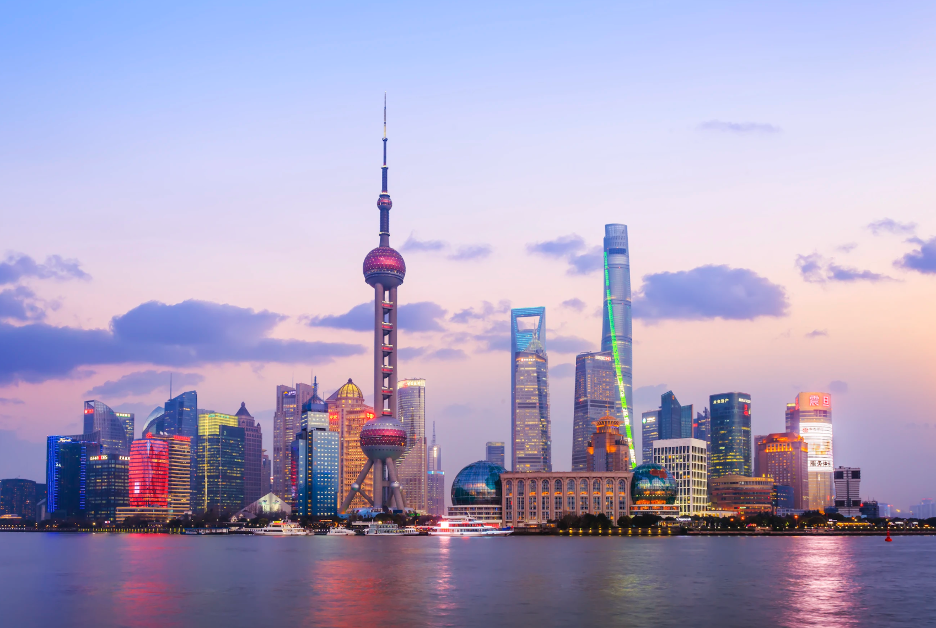
When I left my hometown Chongqing for Shanghai 20 years ago, I assumed that I would be back a couple of months later after I lost my interest in the cosmopolitan like Shanghai. But this never happened. This city never lost any allure in my eyes, at least in the eyes of the younger version of me. Shanghai will soon surpass Chongqing, my hometown, and become the city where I spent most of my life.
As for my personal story, I landed a job two weeks after I arrived in Shanghai. My Hukou has been smoothly transferred to Shanghai thanks to my first job’s needs and Shanghai’s policy to introduce fresh talents to the city. I finally earned new Shanghainese citizenship 新上海人, upgraded from “outsiders外地人” status dubbed by the native Shanghainese as a discriminative term.
When I looked back, this chain of major events in my life happened naturally as I was fortunate to take advantage of tier-one cities’ rapid expansion and thriving.
In the past 20 years, I witnessed how my first rented flat was demolished for the city expansion; and how the 3 metro lines soared to 20. The city never shrinks but always grows as a big giant with outstretched arms to the further land. Therefore it is not unexpected that I was a bit shocked when I heard the news that Shanghai, as well as the other biggest three tier-one cities, are losing their population. According to China's latest census data, all four first-tier cities in the mainland - Beijing, Shanghai, Guangzhou, and Shenzhen - recorded population declines to start in 2022, the first time in decades.
I finally realized it was not a coincidence. In past years, I heard too much about how competitive卷 the rat race is in tier-one cities like Shanghai. Little kids with their parents fought head to head for a spot in a quality school since they were in kindergarten. Employees in the big tech companies are working like 996, 9 am to 9 pm, six days a week for a hustle culture. My Gen Z girlfriend who is self-employed mumbled to me how insurmountable it was for her to afford a house of her own in Shanghai. Some of Gen Z said they couldn’t imagine a future in which they owned a home; some even laughed at the prospect.
People who are attracted by the opportunities and exciting lifestyle offered by Shanghai as well as other 3 tier-one cities have been considering leaving these all behind. The unexpected pandemic for the past three years has deteriorated the situation. Megacities like Shanghai are starting to lose their appeal to the younger generation.
It is reported from the authorities, that this declining population change is a sign of cities’ growth upgrading from quantity to quality. I personally doubted it. If the mass population is losing, it must have proved that something went wrong. I sincerely hope this is a temporary trend not for good because this population decline will bring long-lasting changes to the city and its future.
First, if the masses leave the city, the huge investment in infrastructure will become a total waste as we witnessed in the 2 months of lockdown here in Shanghai. The once vibrant city will cease to a halt like sleeping. As it is well said, money will flow to the places where there is flow. That will bring catastrophe to the economy as well as the city life.
If the city loses appeal to the younger generation, Shanghai, as the test market for innovation of consumer products will become meaningless. The younger generation is the population who are keen to try new products and novelties as they are seeking fun all the time in their youth. If the innovation ceases, how could the brands find the new territory to keep growing?
What about the nighttime economy? Or Disney economy? Or the pet economy? As all the microeconomic trends and development are driven by the rigorous and buoyant consumption in the city esp. tier-one cities from the huge population esp. Gen Z.
Recently, the high unemployment rate for fresh graduates has reached 21.3 percent, and the Chinese government said it would no longer release monthly data about unemployment among young people. Will this have a further impact on the population decline in tier-one cities? Will the government take any actions they can to reverse the trends? Let’s wait and see.
Comments